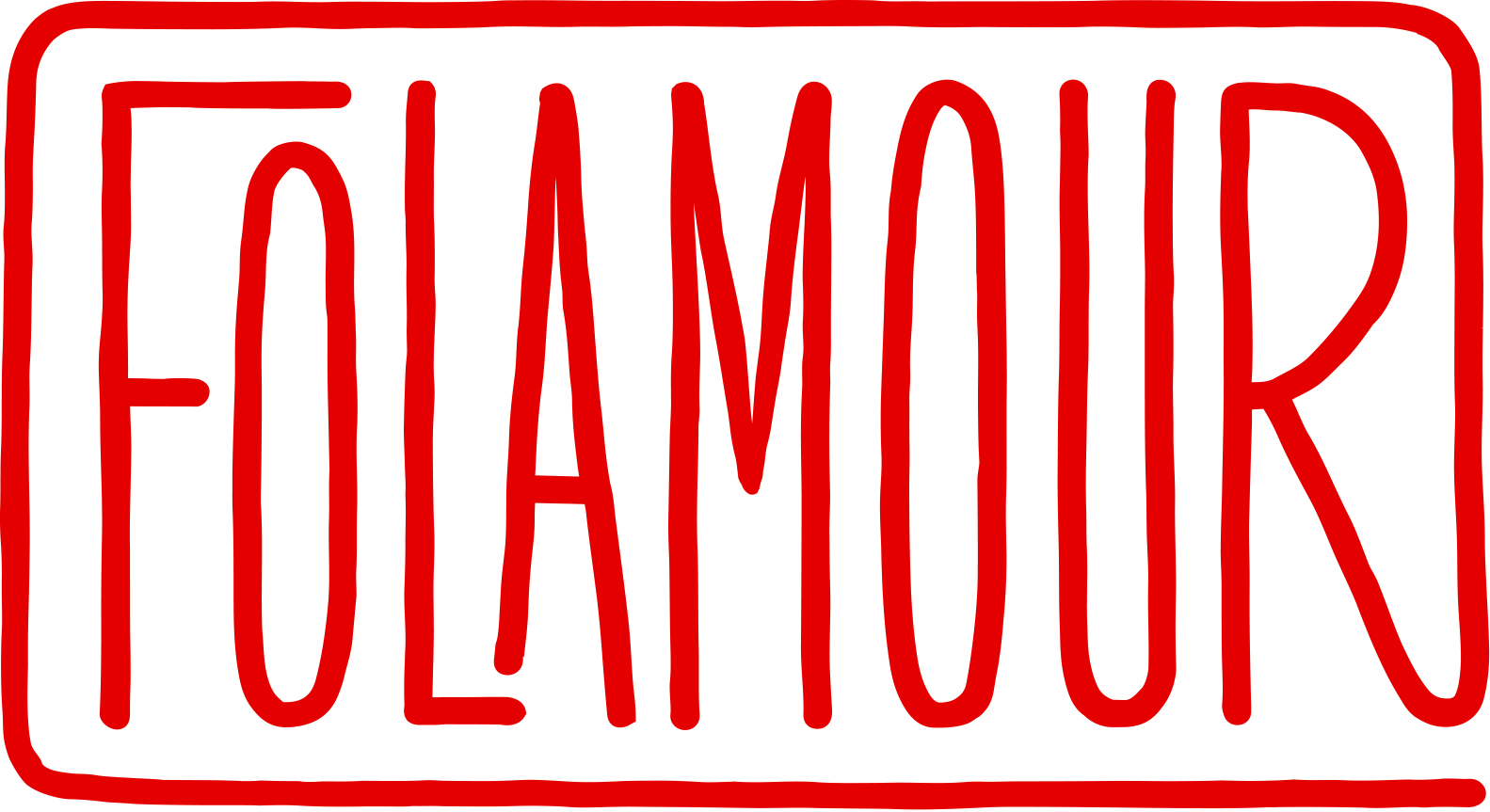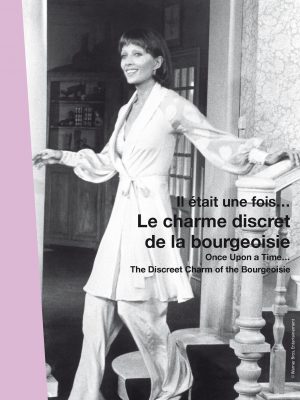ONCE UPON A TIME... THE DISCREET CHARM OF THE BOURGEOISIE
| Director | Anne Andreu |
| Writers | Anne Andreu, Serge July and Marie Genin |
| Image | Hervé Lodé, Thierry Tripod, Guillaume Tunzini |
| Sound | Thierry Blandin, Joël Flescher, Alain Giulianelli |
| Editing | Isabelle Martin |
| Length | 52 minutes |
| Format | HD Cam, 16/9e |
| Version | French |
| Copyrights | Folamour – TCM – 2011 |
| Broadcaster | France Televisions, TCM, RTS |
Protagonists:
- Jean-Claude CARRIÈRE, scriptwriter of the film
- Stéphane AUDRAN, actress
- Bulle OGIER, actress
- Pierre LARY, first assistant on the film
- Daniel COHN-BENDIT, journalist, politician
- Noëlle CHÂTELET, writer
- Charles TESSON, critic, Bunuel expert
Portrait of a film: As members of the same circle of worldly notables, six characters try to share the same meal on several occasions, but each attempt fails, due to the interference of strangers or unforeseen events. There is no plot or psychology, but a bunch of archetypal characters (an ambassador, two bourgeois couples, a bishop, a colonel, a minister, terrorists, mobsters) in this film that deals with the past and the present, memories and fantasy, dreams and reality. Oscar for best foreign film in Hollywood in 1972.
Portrait of an Era: This film, though certainly surreal, is still deeply rooted in the early 70s. Involved in a drug deal, the ambassador escapes a terrorist attack. A bishop plays a priest- worker, the film deals with the creation of the “International Women’s Movement”, and the police torture a young leftist in a police station. Bunuel, who has never dissimulated his affection for events of May ’68, has not made a political film, but shot an ironic and satirical fable during a left-wing upheaval: all the members of law and order, of economic and political power, are murderers and criminals. There is some sort of an intense joy in the provocation.
Portrait of a filmmaker: Born in Aragon, Bunuel was 72 years old in 1972. Jean-Claude Carrière was his regular screenwriter, and also wrote Diary of a Chambermaid, The Milky Way , The Phantom of Freedom and This Obscure Object of Desire, the last film. The man who began his career with two outrageous masterpieces of surrealism (An Andalusian Dog and The Golden Age), has remained a solitary man affected by his exile, and whose work still smells of brimstone. An anti-fascist, he only returned to Spain in 1960 to shoot Viridiana, which won the Palme d’Or at Cannes but was banned (like many of his films), by Franco. Bunuel died in 1983 in Mexico City.


 EN
EN FR
FR